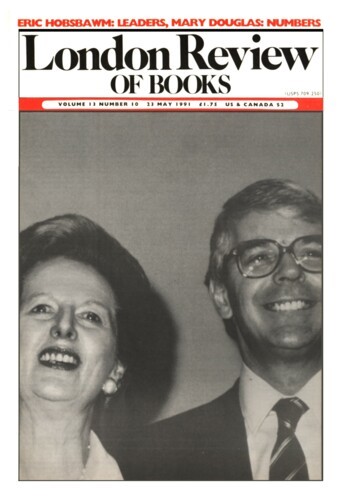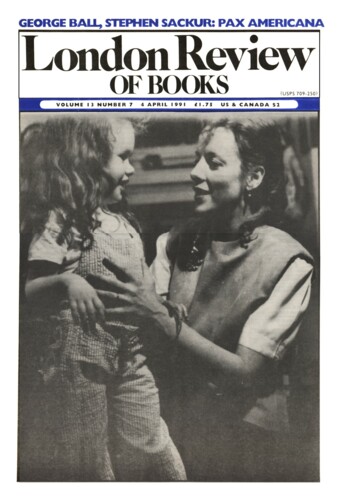Diary: In Khorramshahr
Stephen Sackur, 23 May 1991
The view from the roof of the Governor’s office in Khorramshahr was uninterrupted. The city appeared to possess no other building with two storeys intact. Over the road, beyond the sentries with their improbable starched white uniforms, a gaggle of municipal workers were labouring in the midday heat – some planting shrubs in a patch of soil by the side of the road, others building a children’s climbing frame amongst a clump of palms. A slide and a swing were already in position on a square of rough grass, and from my vantage-point I could hear the chatter of half a dozen children carried on the breeze.’


